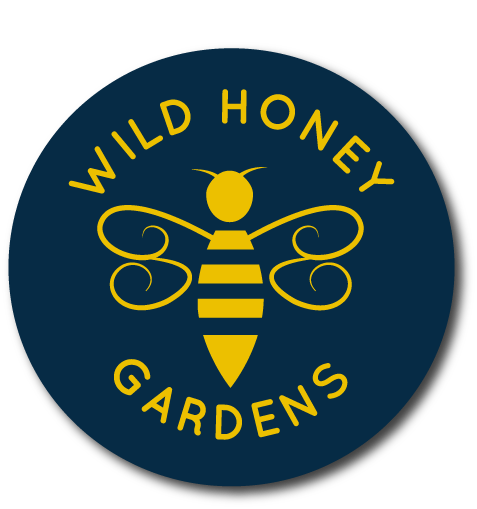SOIL
In some of my early gardening training someone told me, “Soil is what you plant your plants in, dirt is what you get on your shirt.” I thought it was funny, but not a real explanation to remember the difference. When I heard, “Soil is alive and dirt is dead,” that really stuck with me and I hope it sticks with you, because that’s really the essence of what you need in your garden.
Whether you’re a professional, hobbyist, or beginning gardener your soil is the most important investment you can make towards a successful harvest.
All of the nutrients and water your plant needs to not only grow, but also produce food for you is found in the soil you’ve planted it in.
I’m definitely not a soil expert by any means, and there is a lot of great information about soil out on the web, but here are a few things that have helped me remember how important it is to take care of my garden soil.
Plants can’t inherently absorb the nutrients that are in your soil all by themselves, they need help. Creatures like earthworms, fungi and bacteria break down the nutrients in your soil, poop and excrete out the waste, and now all those nutrients are available and ready for your plant to absorb. Crazy, right?
There are thousands of different living organisms in your soil. 24 hours a day they are eating, digesting, excreting, and reproducing. They are eating your soil’s leaves, grass clippings, wood mulch, and any and all organic matter in there. They take all of that organic matter and turn it into humus! Cool, right?
That humus is what your plants love!
And THIS is the reason you always hear to add compost and mulch to your already existing soil!
Most of us think backwards when we think about feeding our plants. We want to feed our plants the food and end it there. What we really want to do is feed our soil, and let the soil feed our plants!
To make sure that you have the proper life cycle in your soil you can add things like:
- Earthworms (they eat their body weight in matter every day!)
- Earthworm castings (poop)
- Compost
- Compost tea
- Molasses
- Dead, crispy leaves
- Cardboard
- Grass clippings
- Fish Emulsion
- Egg shells
- Kitchen scraps
Earthworm castings contain more nitrogen, phosphorus, calcium, and potassium than your entire bed of soil. Worm poop is a super-concentrated form of all the nutrients the worm digested, and after they are pooped out your plants can immediately use those nutrients! Amazing, right?
Charles Darwin said this, “The plow is one of the most ancient and most valuable of man’s inventions; but long before he existed, the land was in fact regularly plowed and still continues to be thus plowed by earthworms. It may be doubted whether there are many other animals which have played so important a part in the history of the world, as have these lowly organized creatures.”
Now, get out there and attract some worms!
Quick Links

email: wildhoneygardens@gmail.com
Liberty Hill, TX
832.279.2972
